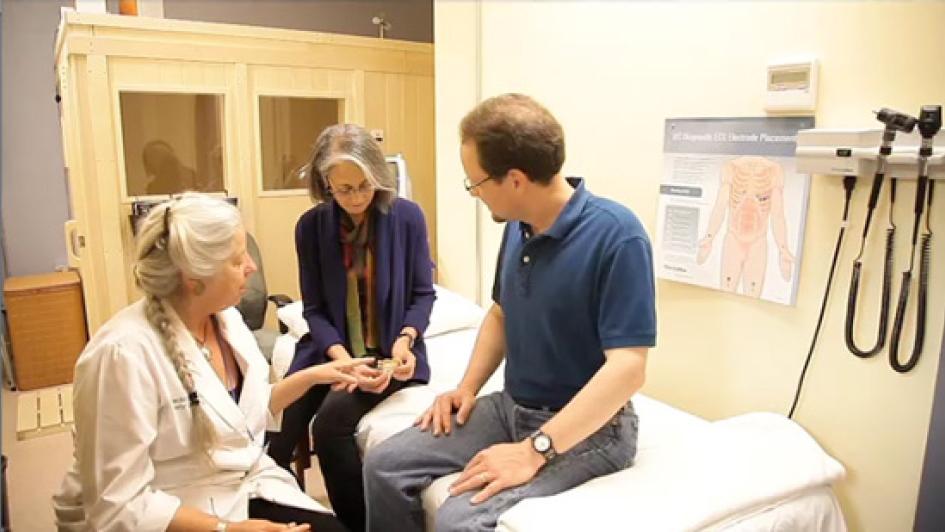Integrative Oncology Study Draws Attention for Promising Results

Published
Integrative cancer care may extend the lives of patients with advanced cancers, according to ongoing research at the Bastyr Integrative Oncology Research Center (BIORC).
New data from BIORC suggest that patients with multiple types of advanced cancer are living longer than national and regional averages.
That’s drawn the attention of Medscape.com, a prominent news service for doctors. The outlet reported on a presentation in October by Leanna J. Standish, PhD, ND, LAc, FABNO, BIORC's medical director, who spoke to the Society for Integrative Oncology at its annual conference in Vancouver, B.C.
Dr. Standish said the findings are preliminary and not conclusive. Yet they allow BIORC researchers to study promising new treatments as they care for patients.
"Our patients are doing better than national averages," says Dr. Standish, a professor at Bastyr University and the University of Washington. "We don't know why. Maybe they would have done better, or maybe there's something about our treatment."
Since opening in 2009, BIORC has enrolled 521 patients in a prospective outcomes study, treating breast, lung, colon, pancreatic, brain and skin cancers. For eight patients with stage 4 colon cancer, BIORC reported an 80 percent survival rate after three years, compared with 15 percent from a group at Seattle Cancer Care Alliance.
Of 12 BIORC patients with stage 4 lung cancer, 64 percent were alive after three years, compared with 15 percent from Seattle Cancer Care and 3 percent from a national data group. Limitations in most data sets make exact comparisons difficult, Dr. Standish says. But the findings allow doctors to make immediate changes to improve patient care.
"These people have active tumor cells that are dividing rapidly," she says. "We're trying to figure out how to halt that disease progression without hurting the patient."
Integrative oncologists combine conventional medicine with naturopathic medical care, focusing on the full picture of patients' health — body, mind and spirit. They provide nutritional support, botanical medicines, acupuncture, and help with mind-body techniques such as yoga and meditation — therapies that can help patients recover from chemotherapy, radiation and surgery.
The latest data suggest intravenous (IV) therapies may be an essential treatment for advanced cancer. Six women with stage 4 breast cancer, all of them alive after three years, have received a combination IV therapy that Dr. Standish wants to study further. The treatment combines ascorbic acid with artemisinin, a medicine derived from wormwood, a plant used in traditional Chinese medicine.
Artemisinin is approved by the World Health Organization as part of malaria treatment therapies.
"It also turns out to be a really good cancer medicine," says Dr. Standish.
BIORC is also conducting a controlled trial of breast cancer patients with an extract from turkey tail mushrooms.
The ongoing outcomes study does not have the precision of a controlled trial, but its breadth allows researchers to study promising therapies immediately instead of waiting years for new drugs to be approved. The results also enable researchers to seek funding for controlled trials.
Read more from Medscape (free registration may be required).
----
Learn more about participating in research or studying naturopathic medicine at Bastyr.

